“I believe that a psychological, cultural and philosophical migration back to Africa will solve our problems.” – Malcolm X
By: Anna Littlejohn
The Black Wall Street Times
https://theblackwallsttimes.com/

Since the days of forced removal from the motherland, displaced Africans have questioned the possibility of returning to Africa. Many independent and conjoining movements explored the idea throughout American and Western history.
Marcus Garvey founded the Universal Negro Improvement Association in 1914. The organization rooted itself in racial pride and aimed to create an independent Black nation in Africa.
Garvey even met with leaders in Liberia to propose an initiative that would grant land to Black people from across the Americas. While his plans failed, the movement of displaced Africans returning to Africa was far from over.
Malcolm X also spoke openly about repairing Black Americans’ ties to Africa. People considered his beliefs more radical than those of his fellow civil rights colleagues. While voices like Dr. Martin Luther King professed a desire to integrate, X believed separation could be a route to equity. For X, separation meant providing Black communities with equal physical and fiscal resources to help repair the damages caused by a long-standing oppressive government.
If such resources were denied, he felt that a return to Africa could be a viable next step. He famously traveled to Africa several times between 1959 and 1964. It was on his trip to Egypt in 1964 that he spoke with the grandson of W.E.B. Du Bois, David. “The important thing to an African-American is the mass accumulation of human beings of color, in which white folks are a minority – a precise and distinct minority; the brotherhood, the oneness of experience,” said X.
Collectiveness, visibility, and equality were some of the ideals that strengthened a push to return to Africa. Garvey, whose work preceded X’s by several decades, did not believe the return to Africa was for all Black people in the diaspora community. “I have no desire to take all Black people back to Africa; there are Blacks who are no good here and will likewise be no good there,” Garvey once said.
Present efforts to return to Africa
In 2019, Ghana hosted an event called Year of the Return. It marked the 400th year since enslaved Africans first arrived in the American colonies. This country on the west coast of Africa welcomed displaced Africans from across the globe. It was also the beginning of a campaign encouraging those displaced to reconnect with their ancestral land.
More than 560 individuals were allowed to claim a stake in the land after paying administration fees ranging between $1,000-$1,200. As many displaced Black people from America, Canada and the Caribbean took them up on this offer, tensions quickly arose in smaller Ghana communities.
A short distance from Cape Coast lies Pan-African Village. The developers created this village as a landing spot for settlers of the African diaspora. While this new development was initially welcomed with open arms, disdain quickly sprouted.
Although the new village has brought economic benefits, neighboring townsfolk from Asebu remain skeptical of the development. Asebu’s population is largely composed of farmers, construction workers and businesses that rely on tourism to thrive. Many local residents question whether or not officials should have given the land away.
For some farmers, their land was sold without their input, and they received no financial reparations. In October of 2023, a high court injunction ordered the suspension of construction on the 123 acres belonging to the Akoa Anona family. Despite this, the injunction was never enforced and settlement construction continued.
Displacement for displacement
This issue raises a broader debate about the ethics of displaced Africans returning to a land where they, in turn, displace existing communities. While the financial benefits from newcomers may help boost local economies, it can also create a rift between them and the preexisting community.
The disputes of Pan-Africa Village and Asebu are not the first time complications have risen between settlements and existing villages. One instance ended in bloodshed. In the eastern region of Ghana lies Fihankra, a 200-acre settlement for African Americans created in the 1990’s. Tensions between the settlers and locals peaked in 2015 when a group murdered two African American women. Authorities later charged six Ghanaians with conspiracy and murder in connection to the killings.
The return movement gained momentum through a shared desire for connection, identity and self-determination. While early spearheaders like Garvey and X envisioned Africa as a land of refuge, the implementation of the concept has proven far more complex.
There is no one-size-fits-all approach to a permanent return to the African continent. Instead, we must root efforts in collaboration and mutual respect. For the practice to be sustainable in the long term, it must be larger than a symbolic homecoming.
Inclusive policies are needed to ensure there is an equitable distribution of land. Likewise, the economic benefits must be reaped by both new arrivals and established residents.
The dream of returning has not faded, but its implementation must evolve.

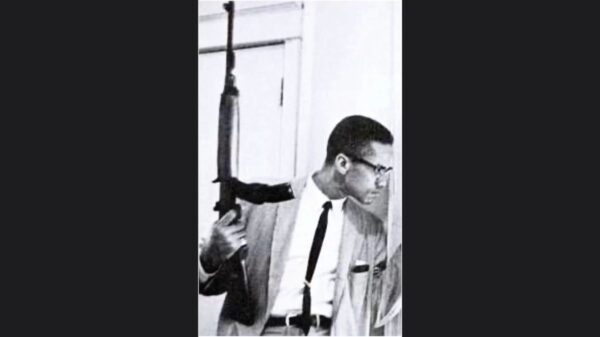

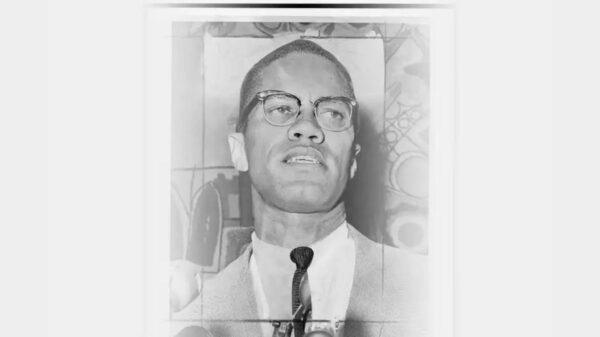
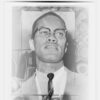
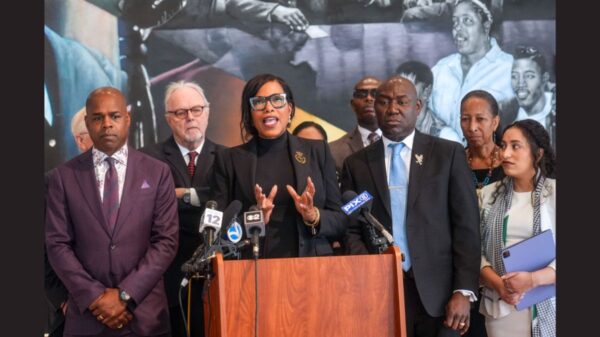
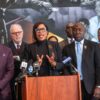


You must be logged in to post a comment Login